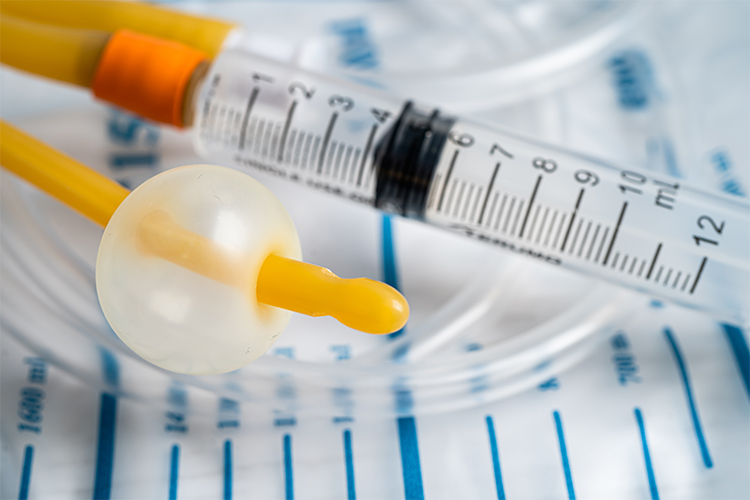BLOG
- Home
- Blog
- Liquid Silicone Rubber
- Applications of Liquid Silicone Rubber in Medical Devices
Applications of Liquid Silicone Rubber in Medical Devices
April 02,2024

Silicone rubber has become a revolutionary material in the medical industry, particularly when it comes to medical devices. Liquid Silicone Rubber (LSR), a form of silicone rubber, has emerged as a game-changer due to its exceptional properties and versatile applications in medical devices. In this article, we will explore the world of LSR, its unique features, and how it has revolutionized the medical device landscape.
Understanding Liquid Silicone Rubber (LSR)
Liquid Silicone Rubber, as the name suggests, is a liquid form of silicone that can be molded into various shapes and sizes. It is a two-part system that consists of a liquid base polymer and a curing agent. When these two components are mixed and processed, they undergo vulcanization, transforming into a solid elastomer with outstanding properties.
Advantages of LSR in Medical Devices
The use of LSR in medical devices offers several significant advantages, making it an ideal choice for various applications. Some of the key advantages include:
Biocompatibility
LSR is highly biocompatible, meaning it is well-tolerated by the human body and does not cause adverse reactions when in contact with living tissues. This property is crucial for medical devices that come into direct or indirect contact with patients.
Chemical Resistance
Medical devices made from LSR exhibit excellent resistance to chemicals, solvents, and other aggressive substances. This property ensures the devices' durability and reliability, even in harsh medical environments.
Temperature Resistance
LSR can withstand a wide range of temperatures, from extreme cold to high heat, without compromising its mechanical properties. This makes it suitable for medical devices used in various medical procedures and environments.
Flexibility and Softness
The elastomeric nature of LSR provides medical devices with flexibility and softness, making them comfortable to use for both healthcare professionals and patients.
Precision and Reproducibility
LSR molding technology allows for high precision and reproducibility, ensuring consistent quality and accuracy in medical device manufacturing.
Applications of LSR in Medical Devices
The versatility of LSR enables its use in a diverse range of medical devices. Some of the notable applications include:
Medical Implants
LSR is commonly used in the production of medical implants, such as catheters, feeding tubes, and pacemaker components, due to its biocompatibility and softness.
Respiratory Devices
Respiratory masks and tubing made from LSR are widely used in medical settings, thanks to the material's flexibility and chemical resistance.
Surgical Instruments
LSR is employed in the production of surgical instruments, such as syringe components, surgical grips, and valve seals, to ensure precision and ease of use during medical procedures.
Healthcare Wearables
Healthcare wearables, such as smart medical patches and monitoring devices, benefit from LSR's comfortable and skin-friendly properties.
Medical Gaskets and Seals
LSR gaskets and seals are used to create airtight and watertight seals in medical devices, ensuring their integrity and functionality.
Regulatory Considerations for LSR Medical Devices
Manufacturers must adhere to relevant guidelines and standards, such as ISO 13485 and FDA regulations, throughout the design, manufacturing, and distribution process.
Conclusion
Liquid Silicone Rubber (LSR) has emerged as a game-changing material in the medical device industry. Its remarkable properties, including biocompatibility, chemical resistance, and flexibility, have made it a preferred choice for a wide range of medical applications. From implants and surgical instruments to healthcare wearables and respiratory devices, LSR continues to revolutionize medical devices and enhance patient care. Feel free to contact us for comprehensive solutions!
Article Classification
Recent Articles
- Applications of Liquid Silicone Rubber Injection Molding in smart clothing
- Discover the Versatility and Benefits of Liquid Silicone Rubber (LSR)
- The Application of Liquid Silicone Rubber in Seals and Gaskets
- Applications of Liquid Silicone Rubber in Medical Devices
- The Future of Liquid Silicone in Automotive Applications
